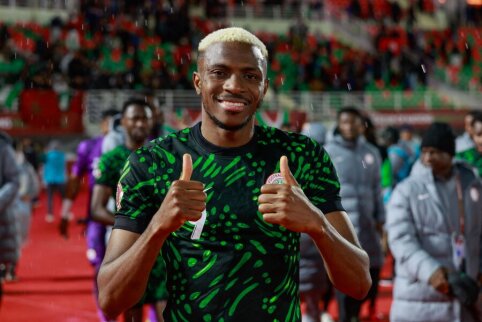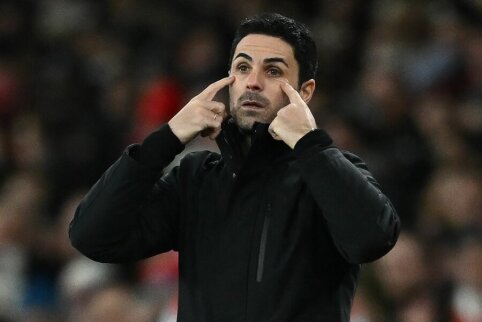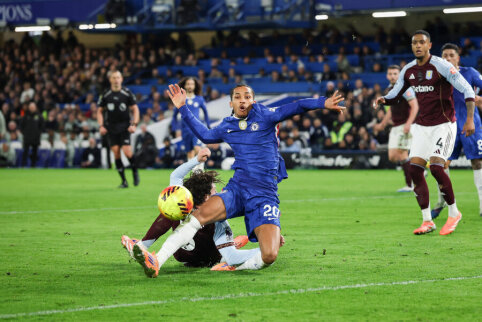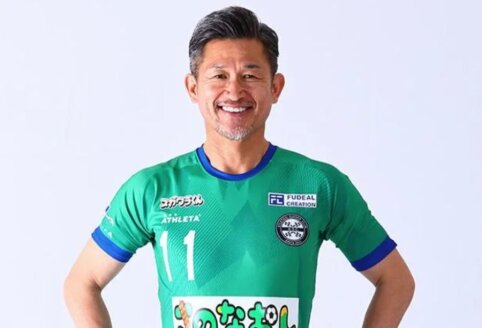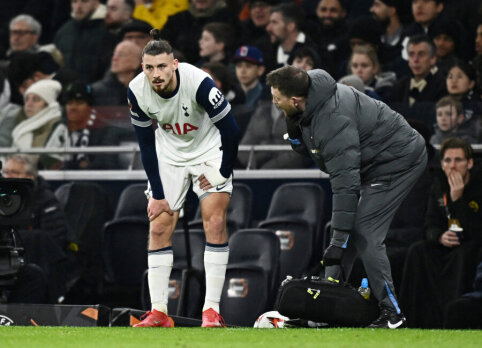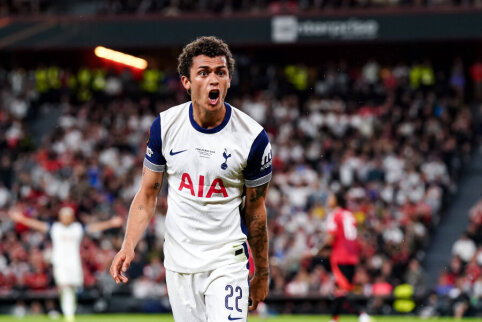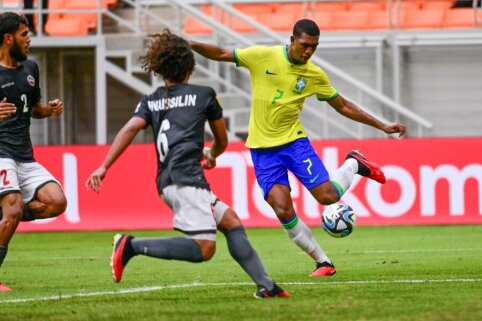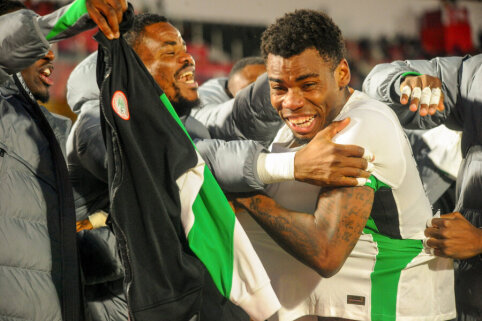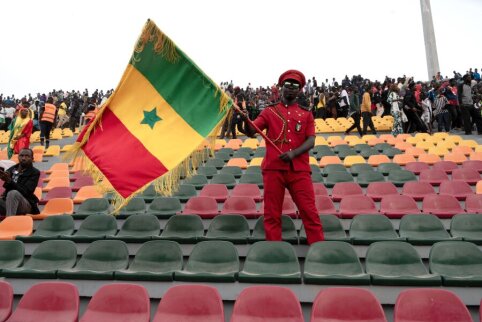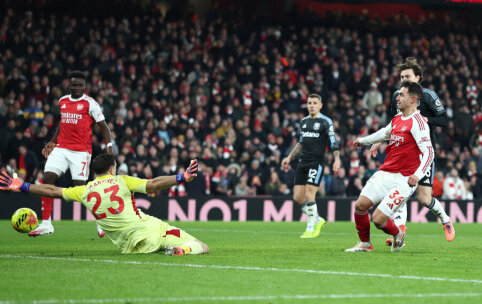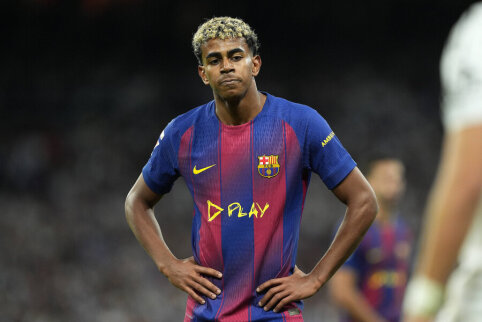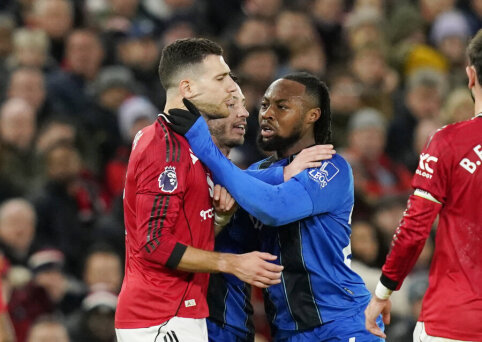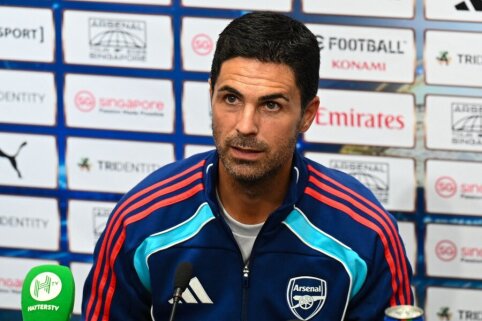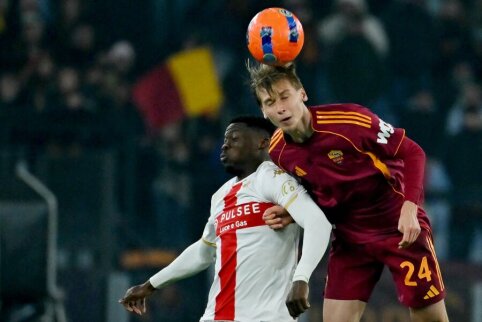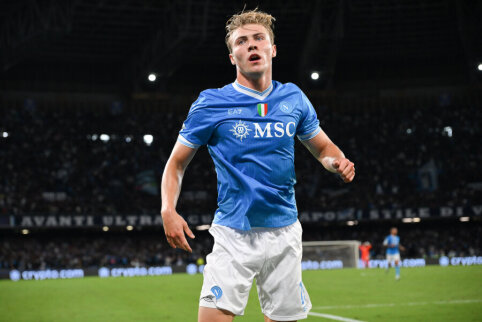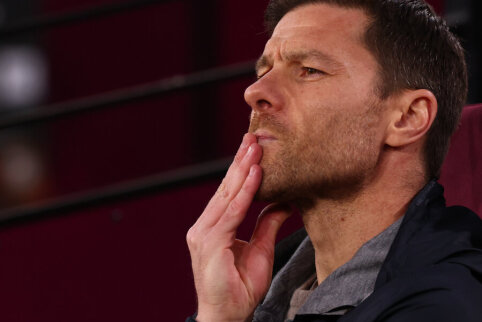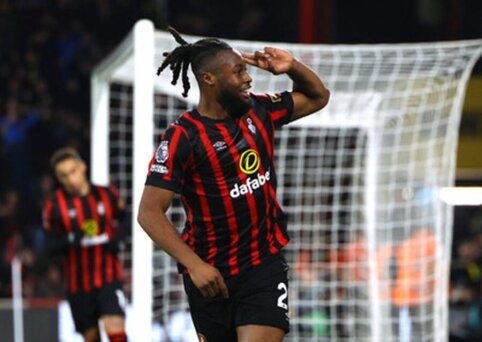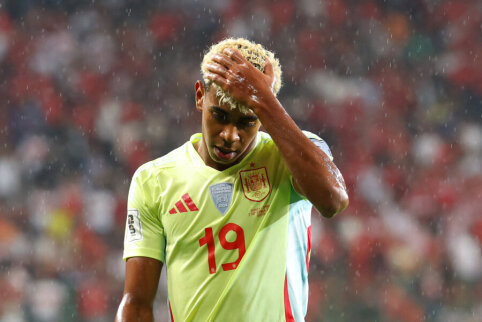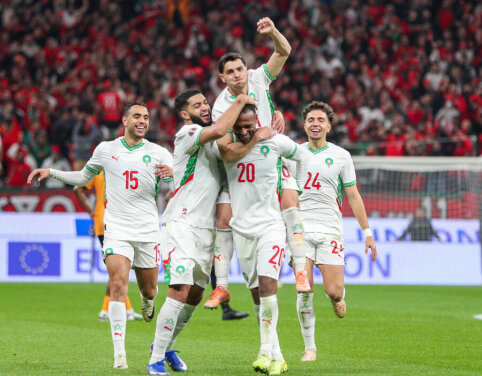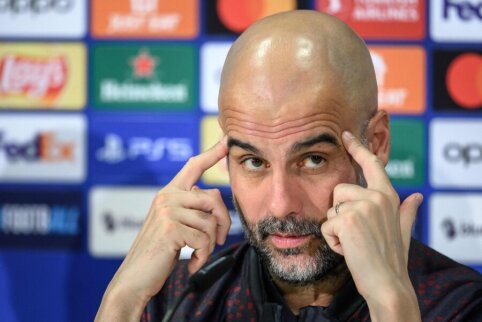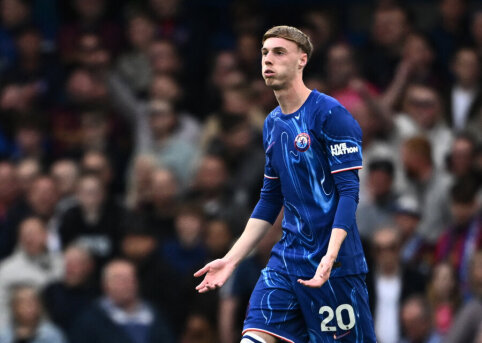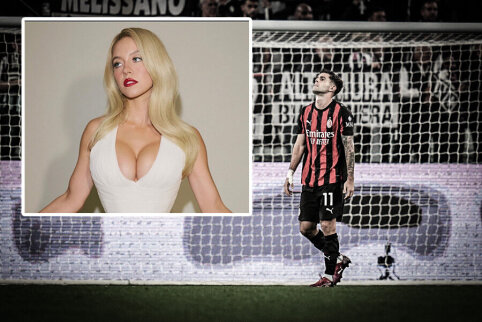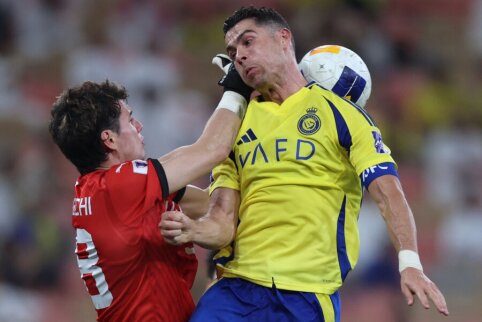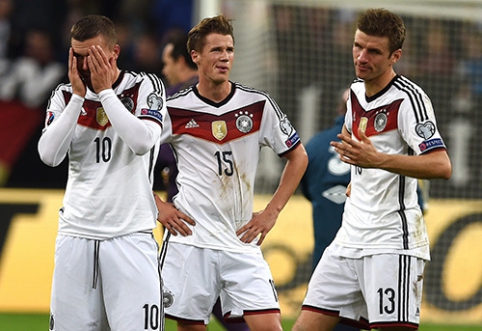
During the World Cup semi-final held in the summer, where Germany crushed Brazil with a score of 7:1, becoming the champion later on, the German national team is swallowing bitter pills one after another in Europe. In the qualifiers for the 2016 European Championship, "Die Mannschaft" celebrated only one victory in three matches. After narrowly defeating Scotland 2:1 in the first match, Germany had to admit defeat for the first time in history to the Polish national team (0:2), and on Tuesday they lost the victory in a match against Ireland (1:1).
The reason for the failures is not hard to find - the players are still exhausted after the world championships. Several golden national team members are injured, some have retired from the national team.
In the game against Ireland, coach Joachim Loew even did not have enough substitute players. There were only four outfield players and two goalkeepers on the bench, while there could have been 12 substitutes. Not even 11 players who were part of the national team at the World Cup played in that match.
P. Lahm, P. Mertesacker, and M. Klose decided to retire from the national team, and due to injuries, a whole bunch of players, including key players like M. Ozil, S. Khedira, and B. Schweinsteiger, could not play.
"Footballers play too much. The high demands of the club championships and the Champions League exhaust the players. Some of them rested only three weeks after the World Cup and stepped back on the field. It is clear that some of them are exhausted. This is not just because of one long and tough season, players get tired every year," said J. Loew after losing to Poland.
Despite that, in the match against Ireland, the Germans still had plenty of opportunities to score, but in the first half, Irish defenders did an excellent job. The guests did not even try to attack, so the Germans could not find weaknesses in their defense.
In the second half, T. Kroos managed to score from about 22 meters, but it was definitely not the safest and best shot. Moreover, the Irish goal woke them up and they finally rose to the challenge.
J. Loew admitted after the match that the Germans did not expect such a game from the Irish in the middle of the field, where "Die Mannschaft" lost many balls and allowed the guests to create quick attacks on the wings.
"At the end of the match, we played very naively. It was clear that in the last 6-7 minutes we needed to keep the ball more, but we couldn't. We lost the ball and let them attack through the wings. That was wrong," said J. Loew.
The match highlighted the German problems in organizing attacks, the lack of creativity, and, from another perspective, even an excess of it. After M. Klose's retirement, the Germans do not have a true striker, so attacks often end with long shots or playing too long with the ball near the penalty area.
Of course, the real disaster of not qualifying for the European Championship is still far from the Germans, but nobody wants to even think about that. Especially remembering the qualifying tournaments for the 2014 World Cup and the 2012 European Championships, where in over 20 matches, the Germans won 19 games and only played a draw once.
15min.lt
